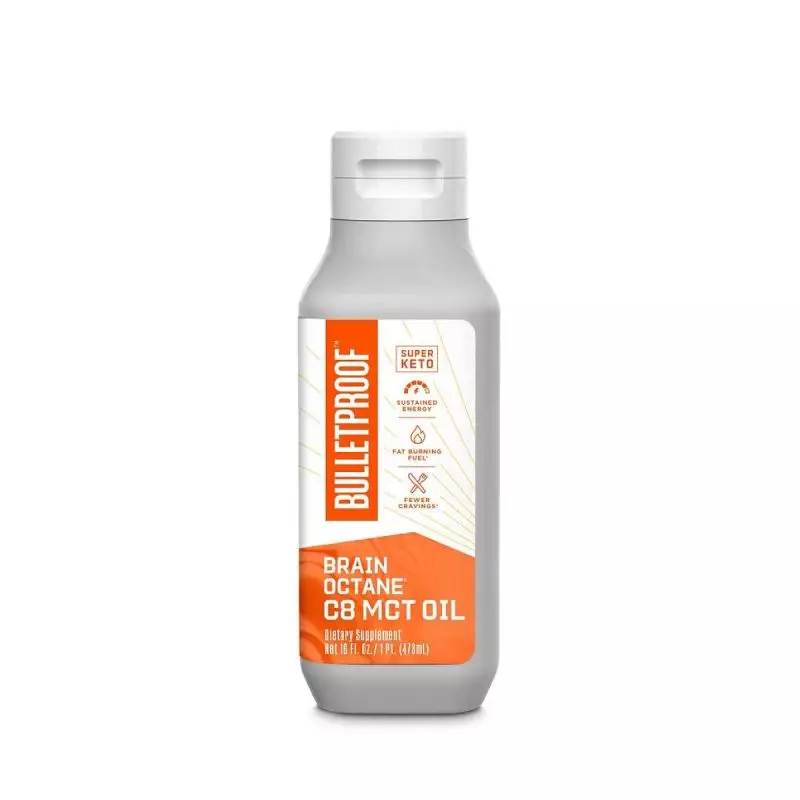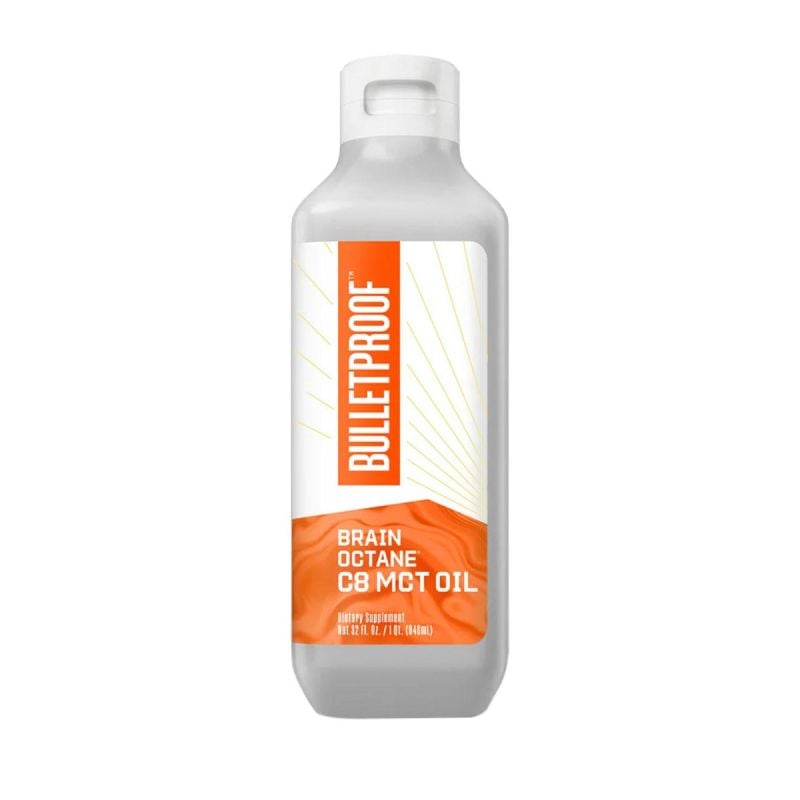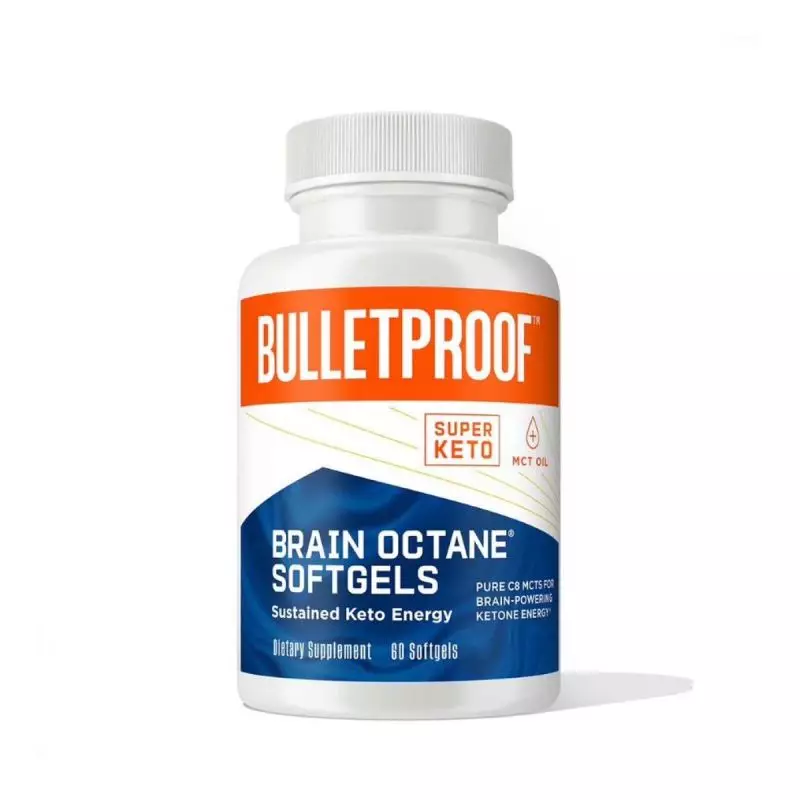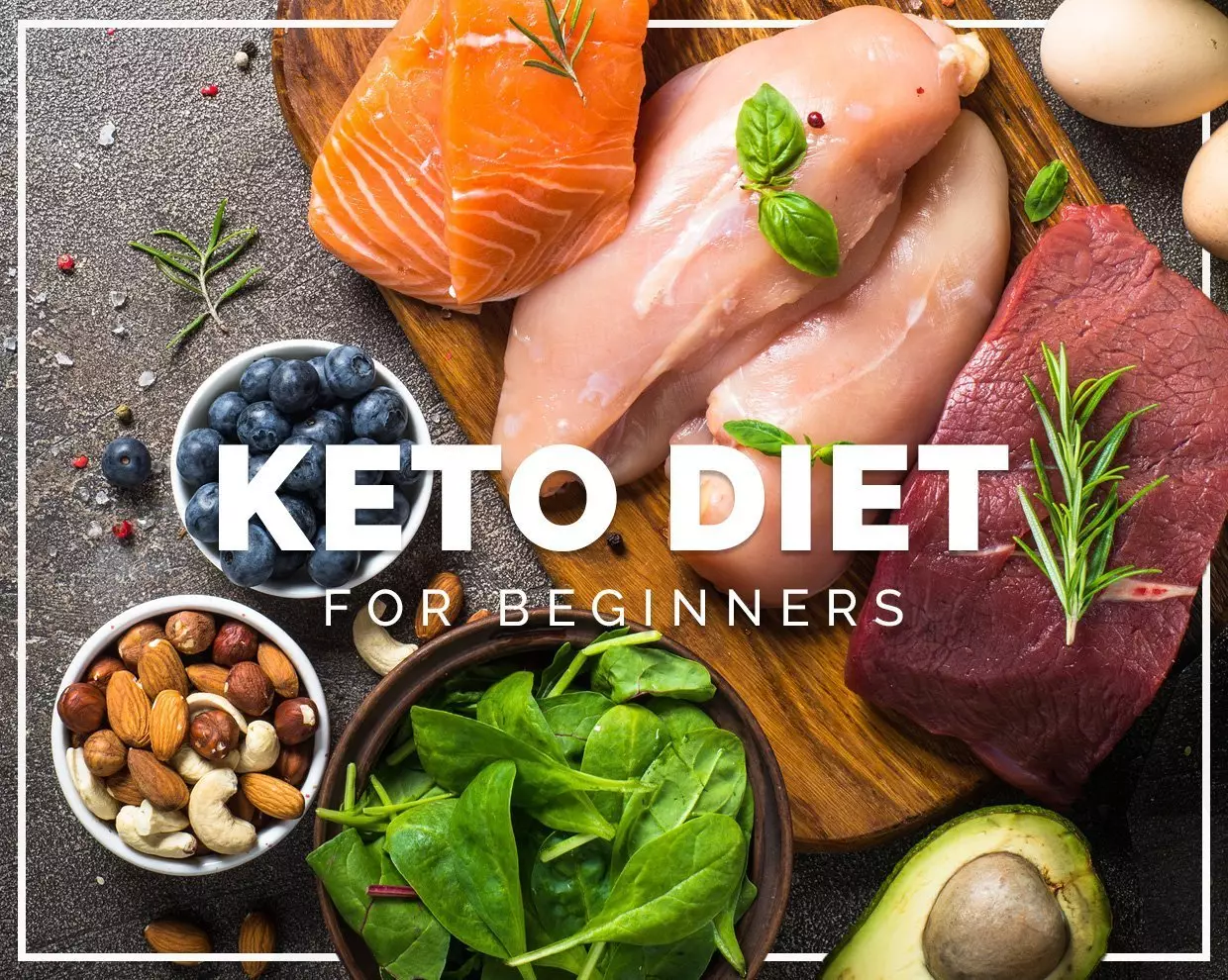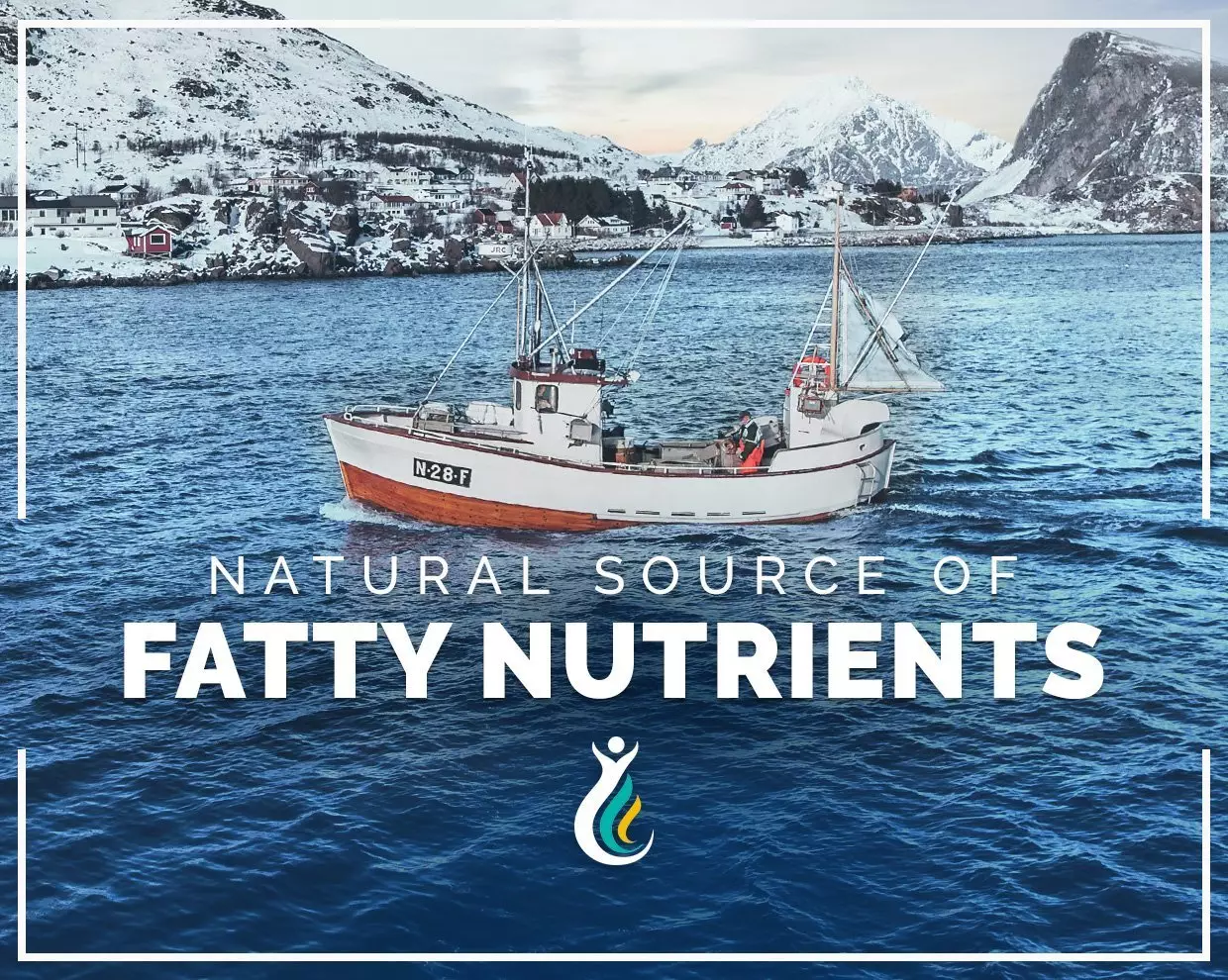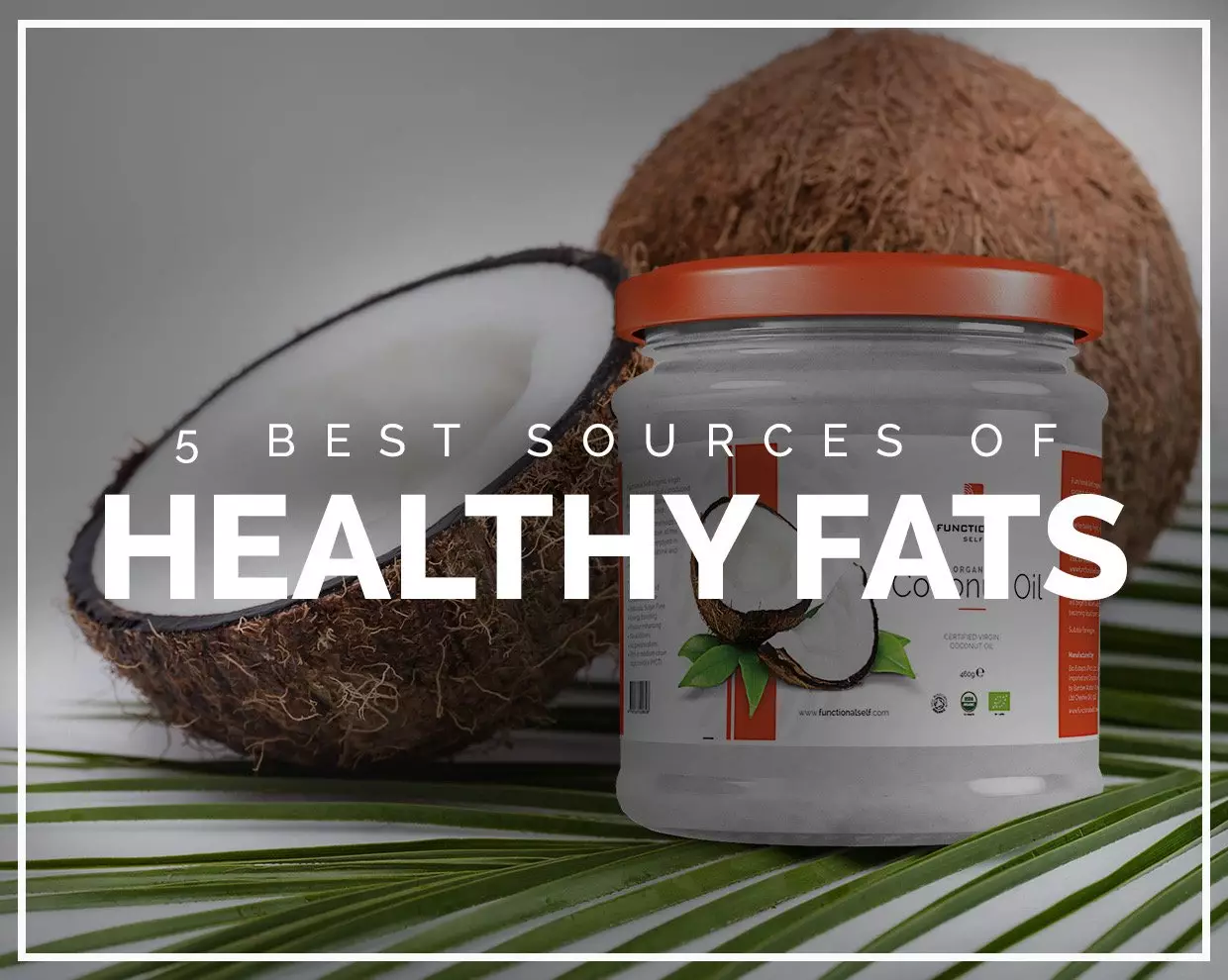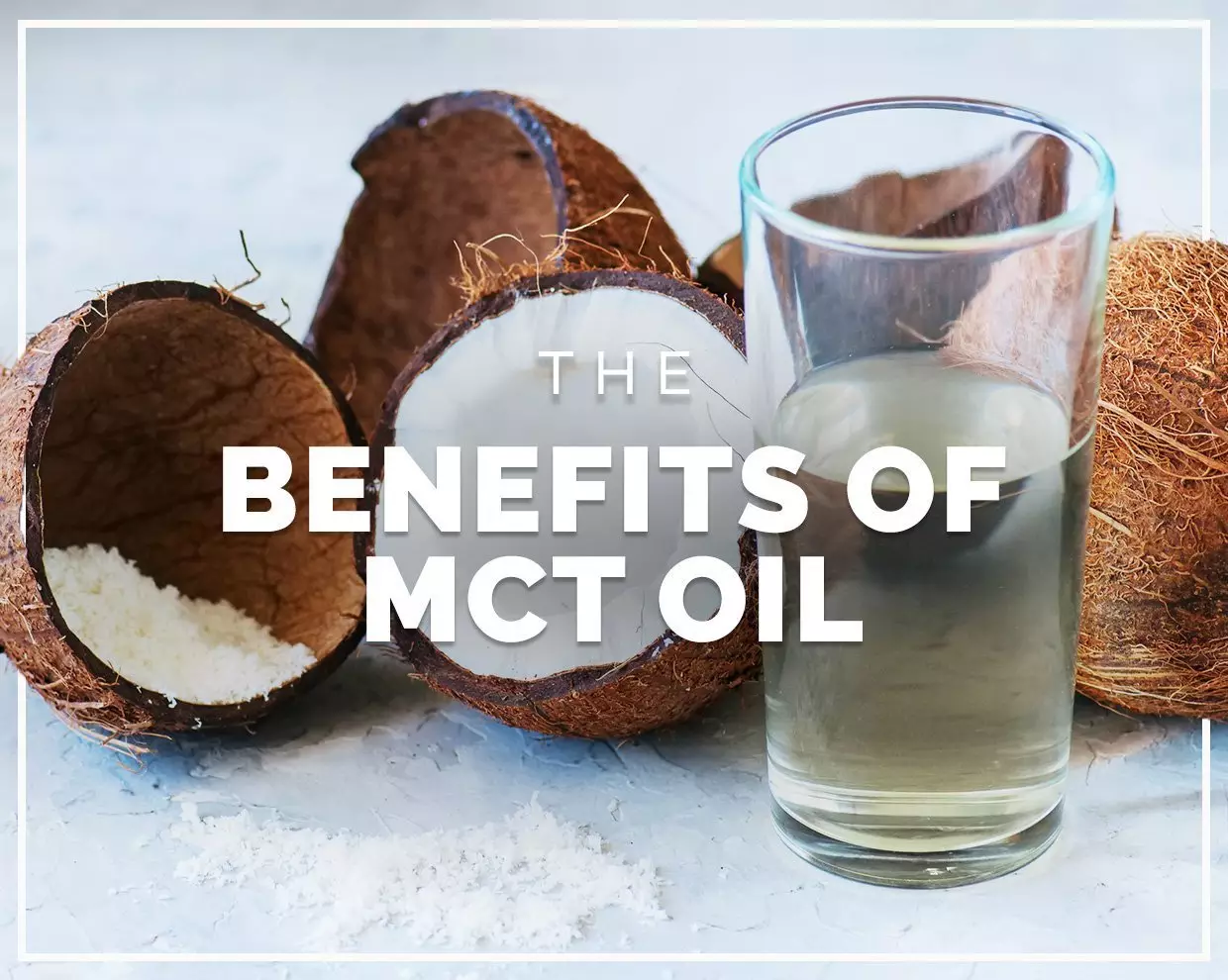Trans fats: two words that have triggered health alarms across the globe. These villains in the world of nutrition are unwanted, yet often stealthily present. So, let's unmask these unsolicited actors in our diets and shed light on the steps we can take to limit their impact on our health.
Trans Fats Unveiled
Trans fats, known in the scientific community as trans fatty acids, appear in two forms - naturally occurring and artificial. The natural trans fats are found in trace amounts in meat and dairy products of ruminant animals, like cows and sheep. On the other hand, artificial trans fats are a product of an industrial process that adds hydrogen to vegetable oil, turning it into a solid at room temperature. This process, known as hydrogenation, is often used to enhance the texture, shelf life, and flavour stability of foods.
The Health Consequences
The reputation of trans fats in the field of health and nutrition is anything but stellar. Regular consumption of trans fats increases the 'bad' cholesterol (low-density lipoprotein or LDL) and decreases the 'good' cholesterol (high-density lipoprotein or HDL). [1] This imbalance contributes to the buildup of plaque in your arteries, escalating the risk of heart disease and stroke.
Research from the New England Journal of Medicine warns that trans fats increase the risk of developing heart disease and stroke and are linked to a higher risk of developing type 2 diabetes. Studies have also indicated that trans fats increase systemic inflammation, a critical factor in many chronic diseases. [2]
The Hidden Offenders
So, where do these trans fats lurk? They're commonly found in partially hydrogenated oils used in a variety of processed foods such as cakes, biscuits, pies, microwave popcorn, frozen pizza and margarine spreads. [3] Trans fats also infiltrate our diets through restaurant and fast-food items, as these establishments often use partially hydrogenated oils for frying, baking and cooking.
Making Healthier Choices
While the damage caused by trans fats is significant, we can counteract these effects by making healthier dietary choices. One key strategy is replacing these harmful fats with healthier alternatives, like monounsaturated fats, polyunsaturated fats, and certain types of saturated fats. Two of these healthier alternatives that have been making waves in the nutritional landscape are Medium-Chain Triglyceride (MCT) oil and Brain Octane Oil.
MCT oil is a type of fat derived from coconut oil or palm oil. Unlike long-chain fatty acids found in most foods, MCTs are efficiently broken down and converted into energy in our bodies. [4] They are processed in the liver, meaning they can be utilised immediately, providing a rapid energy source. MCT oil has several potential health benefits. It has been associated with promoting weight loss because it is processed in the body in such a way that it's difficult to store as fat. It also helps to balance hormones and enhance cognitive function, improving memory and overall brain health. [5] This oil is a versatile addition to your diet and can be used in cooking and baking or added to drinks like coffee or smoothies.
Brain Octane Oil, a purified form of MCT oil, takes the benefits of MCT oil a step further. It consists of 100% caprylic acid (C8), one of the shortest medium-chain fats. The shorter the chain, the faster your body can convert the fatty acids into ketones, which are high-energy molecules. These ketones can cross the blood-brain barrier, providing an immediate source of energy for the brain. [6] Consequently, Brain Octane Oil can contribute to enhanced cognitive function, improved mental clarity, and focus. [7] Like MCT oil, it's also a flexible ingredient that can be used in a variety of dishes or drinks.
By integrating Brain Octane Oil or MCT oil into your diet, you are not just replacing the harmful trans fats but also potentially reaping multiple health benefits. The journey to health is not about completely eliminating fats from your diet, but rather, making conscious choices about the type of fats we include. Prioritise whole foods such as fruits, vegetables, lean proteins and whole grains over processed ones. And when eating out, don't hesitate to inquire about the cooking methods and types of oils used. The key to a healthier lifestyle lies in being informed and making smart, functional choices.
Summary
Trans fats, predominantly derived from industrial processing, are associated with a host of health problems. These harmful fats subtly infiltrate our diets via processed foods and restaurant meals. Through awareness and conscientious food choices, like using Brain Octane Oil or MCT oil, we can significantly reduce their intake, paving the way for healthier living.
When faced with a dietary decision, remember the clandestine villain – trans fats. Opt for healthier alternatives, and continue your journey towards a healthier, more functional self. Explore our other informative blogs to continue learning and growing.
References
[1] Trans fats—sources, health risks and alternative approach - A review
[2] Trans Fatty acids and systemic inflammation in heart failure
[3] Hydrogenated Vegetable Oil
[4] Medium Chain Triglycerides enhances exercise endurance through the increased mitochondrial biogenesis and metabolism
[5] Impact of medium-chain triglycerides on gait performance and brain metabolic network in healthy older adults: a double-blind, randomized controlled study
[6] Effects of Ketone Bodies on Brain Metabolism and Function in Neurodegenerative Diseases
[7] Investigating the Efficacy of Brain Octane® Oil on Cognition, Coordination, Reaction Time and Measurements of Physical Performance in Recreationally Active Adults

 UK Store
UK Store  NZ Store
NZ Store AU Store
AU Store EU Store
EU Store


